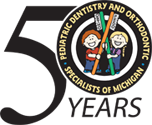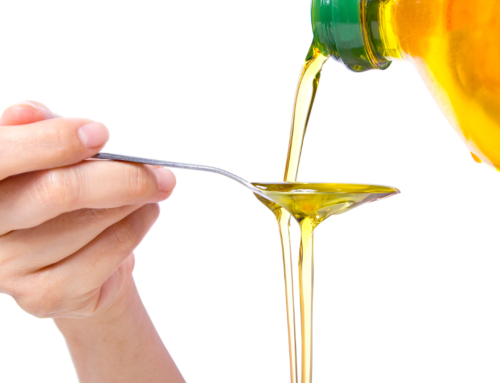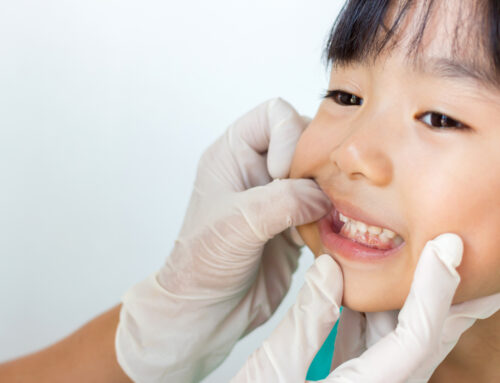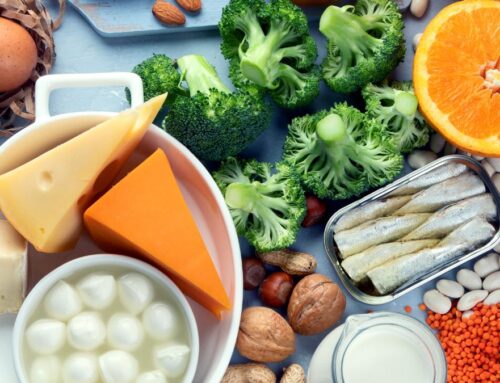In this post, we give you the facts on the good and bad foods for your teeth and oral health. And some are sure to surprise you!
“With good nutrition, medicines are unnecessary. With bad nutrition, medicines are useless.” That’s a proverb from the Buddhists, but it’s a truth all doctors emphasize to their patients. In the maintenance of optimal oral health, good food does the bulk of maintaining strong, healthy teeth.
The Good:
Fiber-rich fruit and vegetables. Leafy greens and crispy fruits and vegetables actually clean the teeth as you eat them!
Biting into a mouthful of lettuce or crunching through an apple or sticks of celery or carrot is like brushing the teeth, with the added benefit of the vitamins and minerals you’re ingesting. Increased salivary flow associated with eating also helps to cleanse your mouth as well.
The Bad:
Processed carbohydrates. Bacteria feed on the starch and sugar in bread, crackers, pasta and candy– and when the bacteria eat, they produce a byproduct acid that is harmful to teeth.
Make it a habit to drink a lot of water and brush to neutralize the effect of carbohydrates as the water will wash them off your teeth and return the pH of the mouth to neutral.
Also (sort of) bad:
Citrus fruits and other acidic foods. Too much acid is bad for the teeth. It softens enamel and causes it to wash away, especially when teeth are brushed immediately after ingestion. As much as possible, eat these in one, short sitting and rinse your mouth with water afterward.
The Good:
Green and black tea. So long as you don’t add sugar to the tea. Compounds in tea suppress tooth-decay causing bacteria. Unlike coffee, which is acidic, tea can strengthen teeth.
Older kids like the sophistication of developing a taste for teas, but they do carry the possible side effect of causing stains to teeth or clear fillings.
Also Good, Actually:
Cheese, all dairy products. Milk. A lot of parents these days have gotten the wrong impression that milk causes cavities.
But the sugar in milk is lactose: the least damaging type of sugar to teeth. And since your child may not like other sources of calcium and Vitamin D yet, milk is your best bet. However, to be safe, it can be a good idea to rinse the mouth with water after consuming any foods or liquids other than water.
And, of course, brushing the teeth 2-3 times per day and flossing once is the best way to ward off dental problems that can occur even when dietary choices being made are appropriate.
About Pediatric Dentistry and Orthodontic Specialists of Michigan, the offices of Drs. Plunkett, Ralstrom, Makowski, Thanasas, Ker, and Associates
Pediatric Dentistry and Orthodontic Specialists of Michigan have specialized in pediatric dentistry and orthodontics since 1968. Our family-friendly and newly renovated office gives patients and families a more comfortable and consistent experience with dentistry from the very beginning. Our pediatric dentists treat children from newborn to 18 years of age while our orthodontists provide care for both children and adults and are proud to be Premier Providers of Invisalign and Invisalign Teen services. The ability to treat all patients with compassion and individuality, including those that may have special needs reaches beyond our facility, which has treatment rooms available for children who require additional privacy and customized care options. We pioneered valued hospital affiliations to allow dental services to be performed at DMC Children’s Hospital and St. John Macomb Hospital, when appropriate or necessary, and our specialists are also proud to be on staff at Henry Ford and Beaumont hospitals.






